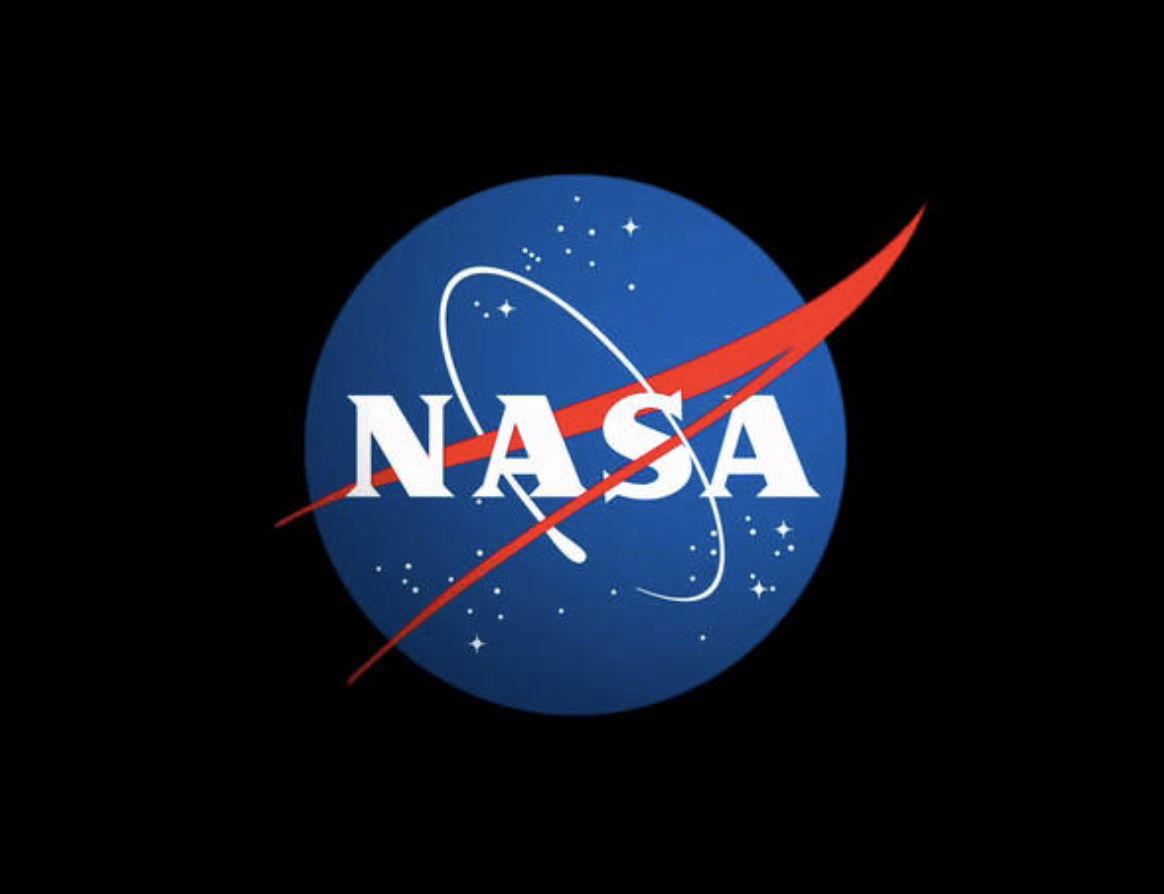An Executive Order issued by the Trump Administration last month declares that NASA and several other U.S. government agencies will now operate primarily as intelligence and security agencies.
The Order states that NASA, among other agencies, will now “have as a primary function intelligence, counterintelligence, investigative, or national security work.”
Historically, NASA has focused on space exploration, Earth sciences, and scientific discovery. From sending humans into space to exploring distant planets with telescopes, spacecraft, and robotic probes, the agency has primarily operated as a scientific agency, which, through public outreach, has helped to connect the American people with their place in the cosmos.
By contrast, in the U.S., an intelligence agency is generally responsible for collecting, analyzing, and disseminating information to inform national security decisions.
Former NASA employee Keith Cowing, founder of NASA Watch, said this change is more about labor implications, with “no mention of that science and exploration stuff.” According to Cowing, the order’s addition of NASA to the Federal Service Labor-Management Relations Statute (FSLMRS) instantly strips employees of their union representation and collective bargaining rights, overshadowing the intelligence mandate it describes.
This week, protests erupted outside NASA’s Washington, DC, headquarters with employees voicing concern over what they see as an erosion of workplace protections.
“A huge part of the reason that I have that independence, and that my colleagues do, is that as a union-represented worker I know that I am protected from unfair retaliation,” Monica Gorman, area vice president of the Goddard Engineers, Scientists and Technicians Association, said during the protests, as reported by Government Executive.
How will this change NASA?
One possibility is that the agency may be pressured into prioritizing intelligence gathering over its traditional collection of scientific data. Satellite missions, for example, could shift toward surveillance of foreign countries rather than the collection of imagery and data about Earth’s environment.
The agency could potentially also become less public-facing, reducing NASA’s tradition of maintaining transparency and impeding its public engagement efforts. Additionally, increased security could bring more bureaucratic red tape, limiting access to research and space exploration findings.
Overclassification may also increase at a time when the public is demanding greater openness. None of these outcomes has been explicitly stated by the Trump administration or its recent Executive Order, but critics warn that such actions represent a slippery slope and that these changes could potentially align with the administration’s broader push to militarize space.
Interim NASA administrator Sean Duffy has endorsed the president’s vision of sending crewed missions to the Moon and Mars, saying, “When we plant our flag, we stay.” Additionally, the White House has proposed deploying weapons into orbit as part of a so-called “Golden Dome” missile defense program.
Trump has said he believes the system will be fully operational prior to the end of his term in office, although critics worldwide have warned that these policies could provoke a new space arms race with rival nations, including China and Russia.
The administration’s recent efforts seem to strongly convey that climate science and Earth-focused research are not priorities for the Trump administration. Duffy recently noted that while NASA would still be tasked with the collection of scientific data as the administration shifts the agency’s focus toward national security and intelligence, he aims to have it abandon its inclusion of Earth science data.
“All of the science that we do is going to be directed towards exploration, which is the mission of NASA. That’s why we have NASA, to explore, not to do all of these earth sciences,” Duffy told Fox Business.
Intelligence Activities
Speaking with The Debrief, Dr. Joshua Pierson, DSS, a U.S. Army Warrant Officer and national security adviser, said that the recent Executive Order primarily reclassifies NASA as an intelligence/counterintelligence agency only for workforce management under Title 5, which removes employees from collective bargaining protections. However, it does not grant NASA any legal authorities under Title 50, the law that governs actual intelligence and counterintelligence activities, meaning NASA currently lacks the authority, budget, or oversight to function as part of the U.S. intelligence community.
For NASA to truly take on an intelligence role, Pierson says, Congress would need to amend Title 51 (the Space Statute) or related laws to provide the necessary legal framework.
“Scientific organizations, both internal and external to the United States Intelligence Community (USIC), conduct the intelligence mission,” Pierson told The Debrief. “Looking at the risks of a ‘scientific organization’ taking on intelligence responsibilities is different than NASA taking on intelligence responsibilities.”
“NASA’s primary mission is to advance scientific knowledge, develop and operate aeronautical and space technology, conduct peaceful exploration, promote US Leadership in aerospace science and engineering, and collaborate internationally,” Pierson said. “With those goals in mind, and understanding that at this time, the Executive Order naming NASA as an intelligence/counterintelligence organization is strictly for labor purposes, means that legally, this mission should not change.”
However, Pierson explained that policy is much different than practice.
“The benefits of a scientific organization conducting an intelligence mission mean that national security capabilities are significantly enhanced,” he says, “because the homeland has some of the greatest minds focused on providing for the national defense.”
“That said, the ramification is that now information that could be a collaboration point with other nations becomes classified,” he adds. “Furthermore, if NASA conducts an intelligence mission devoid of any Title 50 authority, Congress will have its hands full attempting to conduct oversight of the mission and personnel.”
Pierson also points out that NASA currently operates under Title 51, not Title 50, which governs intelligence activities. If the agency were to shift away from its public-facing role without Congress updating the law, it would fundamentally lack the legal authority, oversight, and accountability required to function as an intelligence organization.
Overall, while NASA may have undergone what many interpret as a sort of “rebranding” under the recent Executive Order, the agency’s core mission is unlikely to see significant deviations from its science focus.
Since the release of the Order, NASA has continued to provide updates on its science missions, including the announcement of its 2025 astronaut candidate class on September 22.
The group will complete two years of training before becoming eligible for flight assignments that support future NASA science and space exploration.
Editor’s note: This article was updated to feature additional quotes provided by Dr. Joshua Pierson, DSS.
Chrissy Newton is a PR professional and the founder of VOCAB Communications. She currently appears on The Discovery Channel and Max and hosts the Rebelliously Curious podcast, which can be found on YouTube and on all audio podcast streaming platforms. Follow her on X: @ChrissyNewton, Instagram: @BeingChrissyNewton, and chrissynewton.com.


